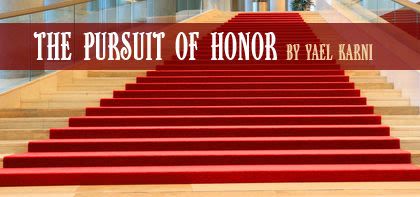
The Pursuit of Honor
Supposing I continually do kindnesses for people and I feel that they don’t appreciate my efforts. Or, that they seem to just take me for granted. How do I feel then?

“Each person is required to minimize his own kavod [honor] and maximize the honor of the Omnipresent One.” Rabbi Nachman, Likutei Morahan I:6
We all like to feel appreciated; it’s a natural human response to giving of ourselves to others in whatever capacity. When someone says thank you, we feel gratified. We feel an enhanced sense of self, a feeling that I matter to someone. And that’s good, isn’t it?
But what if I do something for someone and I don’t get a good response, or any response. Supposing I continually do kindnesses for people and I feel that they don’t appreciate my efforts. Or, that they seem to just take me for granted. How do I feel then?
And what if I feel that people should behave in a certain way towards me, with respect and with sensitivity [i.e. honor] in every situation, or that whatever I do must, by definition, be right [and indeed often may be] but instead I’m insulted or slighted. What then?
Rabbi Nachman goes on to say that anyone who pursues tov (good) for themselves does not acquire G-d’s glory [kavod Elohim] but rather glory of the kings [kavod melachim] and quotes the verse from Proverbs, “but the  glory of kings is an investigated matter.”
glory of kings is an investigated matter.”
In other words, when we’re involved in a deed relating to another person and, if on some level of consciousness, we desire tov (good, or benefit) for ourselves through this deed, we open ourselves up for investigation, i.e. people can ask do I need to give Tov or appreciation to this person, what have they done in their lives to deserve this Tov. As a consequence of this investigation, we can be opposed, insulted, taken for granted, hurt, or rejected.
However, when we fulfill the verse from Psalms, “I place Hashem before me always”, and try to make all our deeds a service of Hashem by minimizing our own tov and our own vested interests, then we can acquire G-d’s tov [kavod Elohim]. For people on this level, they will not be investigated as to whether they deserve this tov. This is the essence of humility, that everything I have is from Hashem and everything I do is for Hashem.
So how do we go about achieving this illusive kavod Elohim?
Rabbi Nachman says by doing teshuva [repentance]. And in what circumstances can we achieve this repentance? By being quiet and silent when insulted – silent as in not responding to the insult with words and, on a deeper level, quiet means to have a stillness in the heart, to not even respond emotionally to the insult.
I can’t say with any sincerity that I’ve achieved this level but it’s something to try to take on board as we approach the Days of Judgment.
We tend to find it easier to judge other people but not ourselves. We see their failings much more easily than our own. Our Evil Inclination always tries to persuade us that we must always be right, and how could that other person have done such and such a thing after everything I’ve done for them.
I go to a regular weekly shiur and just before Yom Kippur the rabbi usually says something about teshuva [repentance]. Invariably someone will ask what a person should do if they’ve been terribly wronged by someone. His words have always stayed with me: if you can’t find it in your heart to forgive them then just remember that if you overlook the wrongdoings of others, Hashem will overlook your wrongdoings and forgive you. How we behave to others is how Hashem will behave to us.
It’s a shame that we hang on for dear life to all of the events in our lives which we feel shouldn’t have happened. Someone said to me recently that she couldn’t let go of certain seemingly negative events in her life. She is an observant Jew, very spiritual, speaks to Hashem, and says she is grateful for everything she has but, at the same time, is full of resentment and bitterness. Several negative things have happened and she feels that Hashem is punishing her. Who am I to say why these seemingly strange events always seem to pursue her? What I can say is that on a subtle level she pursues the tov of kings, she feels she goes to the ends of the world in order to help other people but doesn’t get any appreciation in return. I suggested that maybe the reason is because she desires personal tov on some level. Where is Hashem in the picture? If I really feel it’s important to help other people, the only reason I should do it is because it’s Hashem’s Will. Then it shouldn’t matter whether someone shows me gratitude or not because my happiness only comes from my connection to Hashem through my deeds.
So as we approach the Days of Awe, let us think about Rabbi Nachman’s words and pursue the path of kavod Elohim. Let us work on our humility, our flexibility in our relations with others, let us try not to hold people to strict account, and then maybe we can look forward to a favorable judgment for each one of us, the Jewish People as a whole, and all the nations of the world, amen!



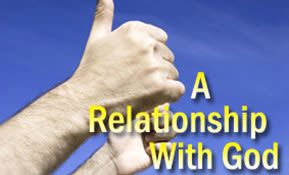
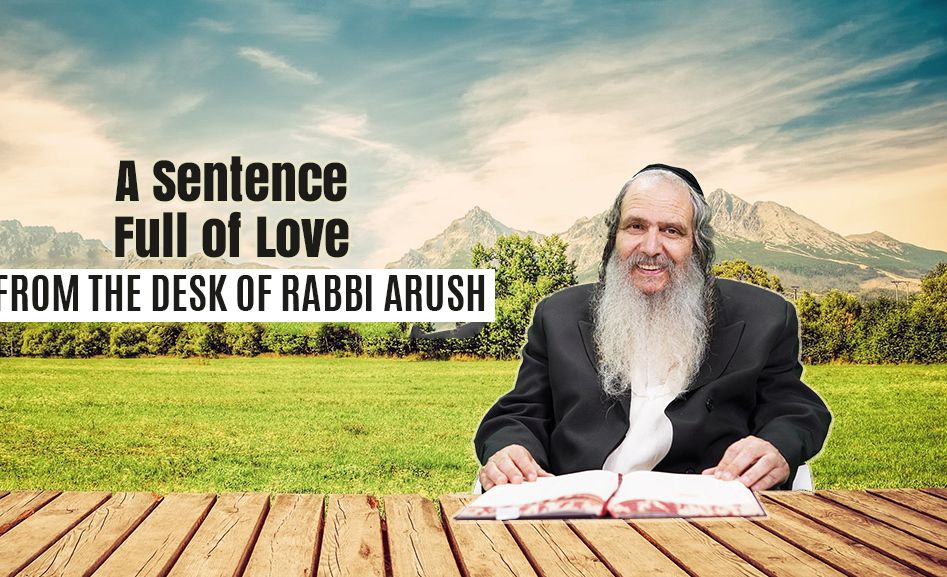
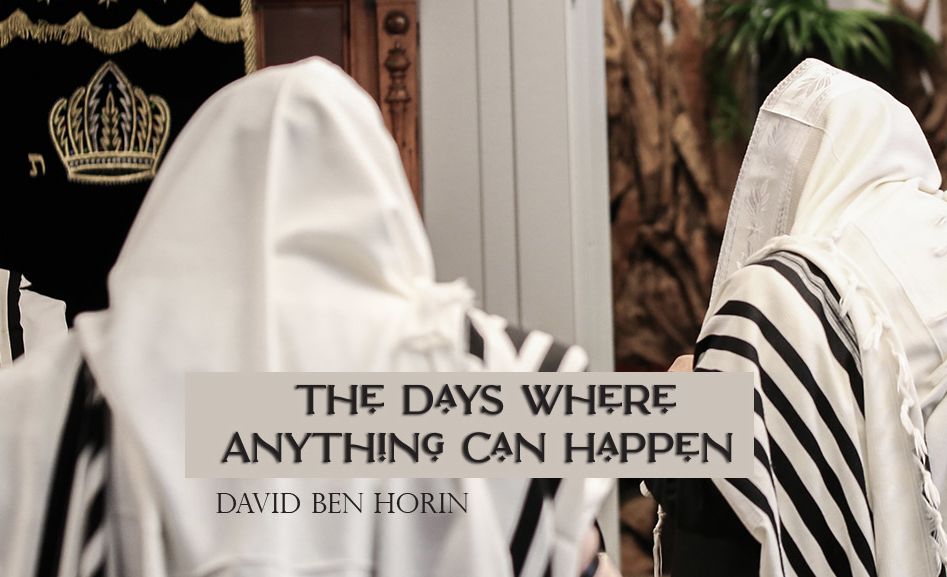
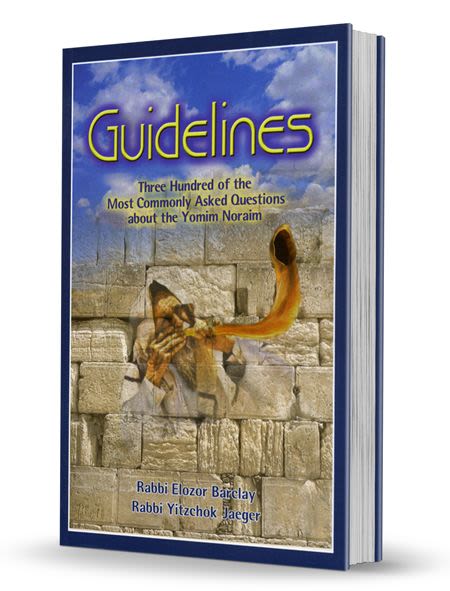
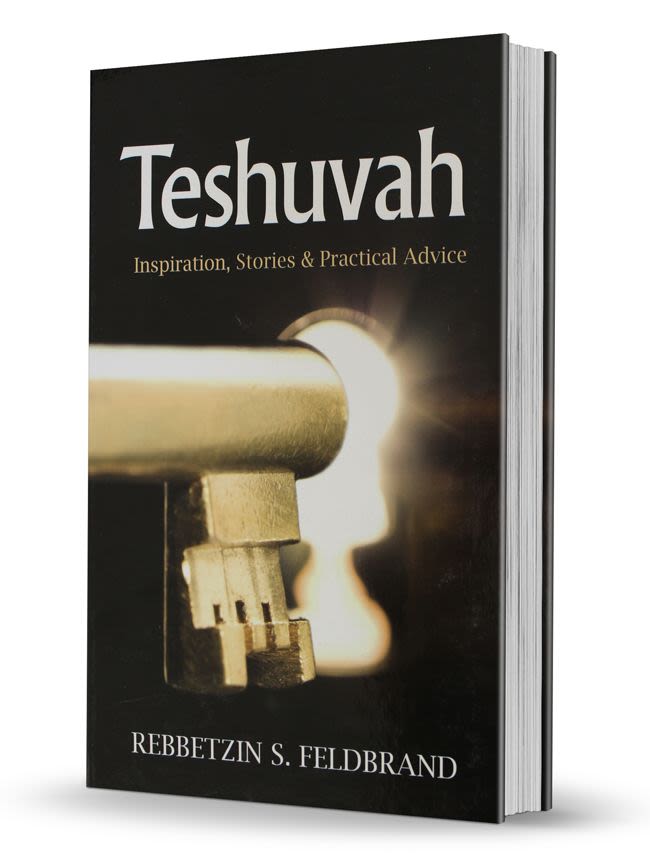

Tell us what you think!
Thank you for your comment!
It will be published after approval by the Editor.